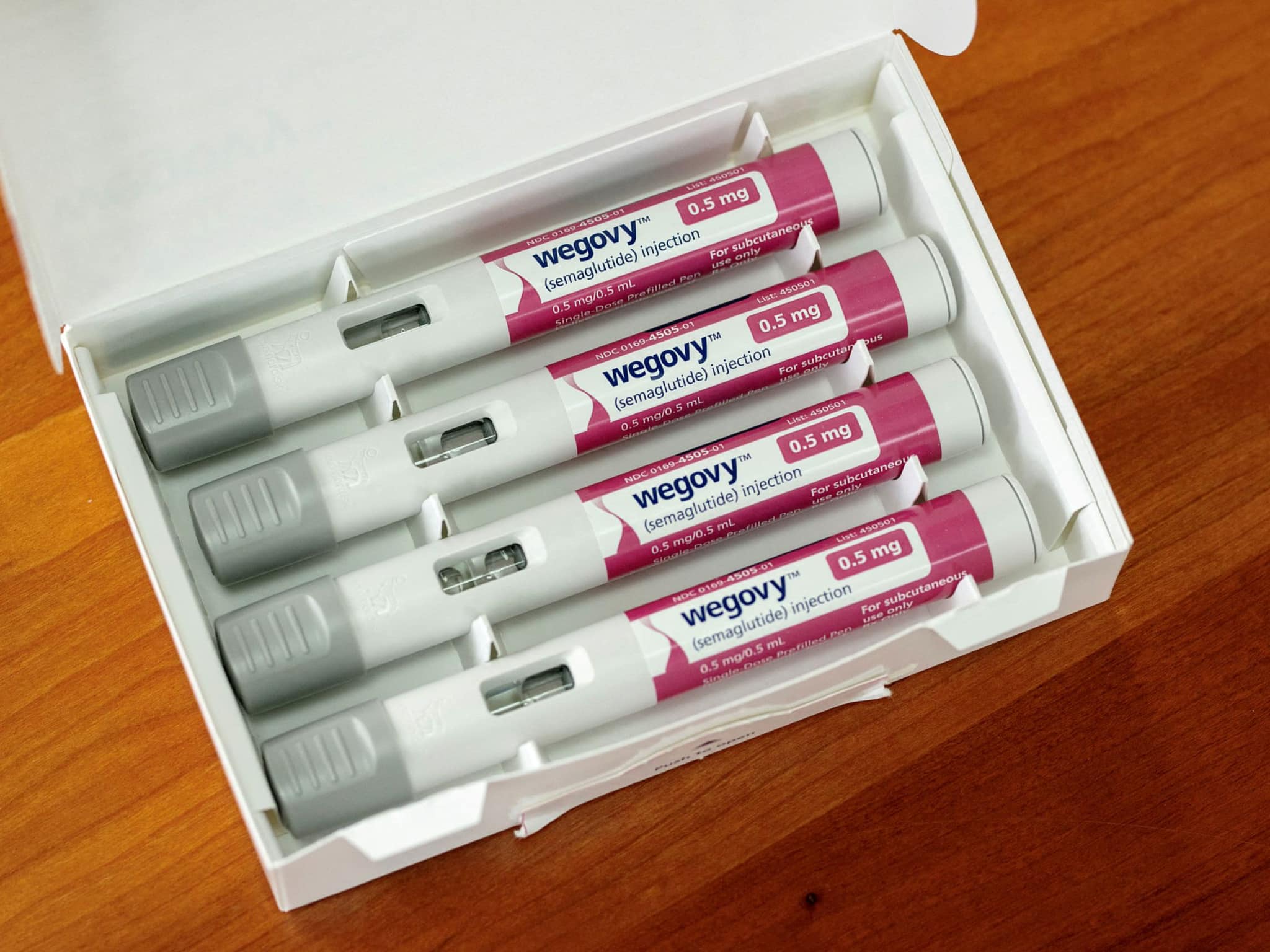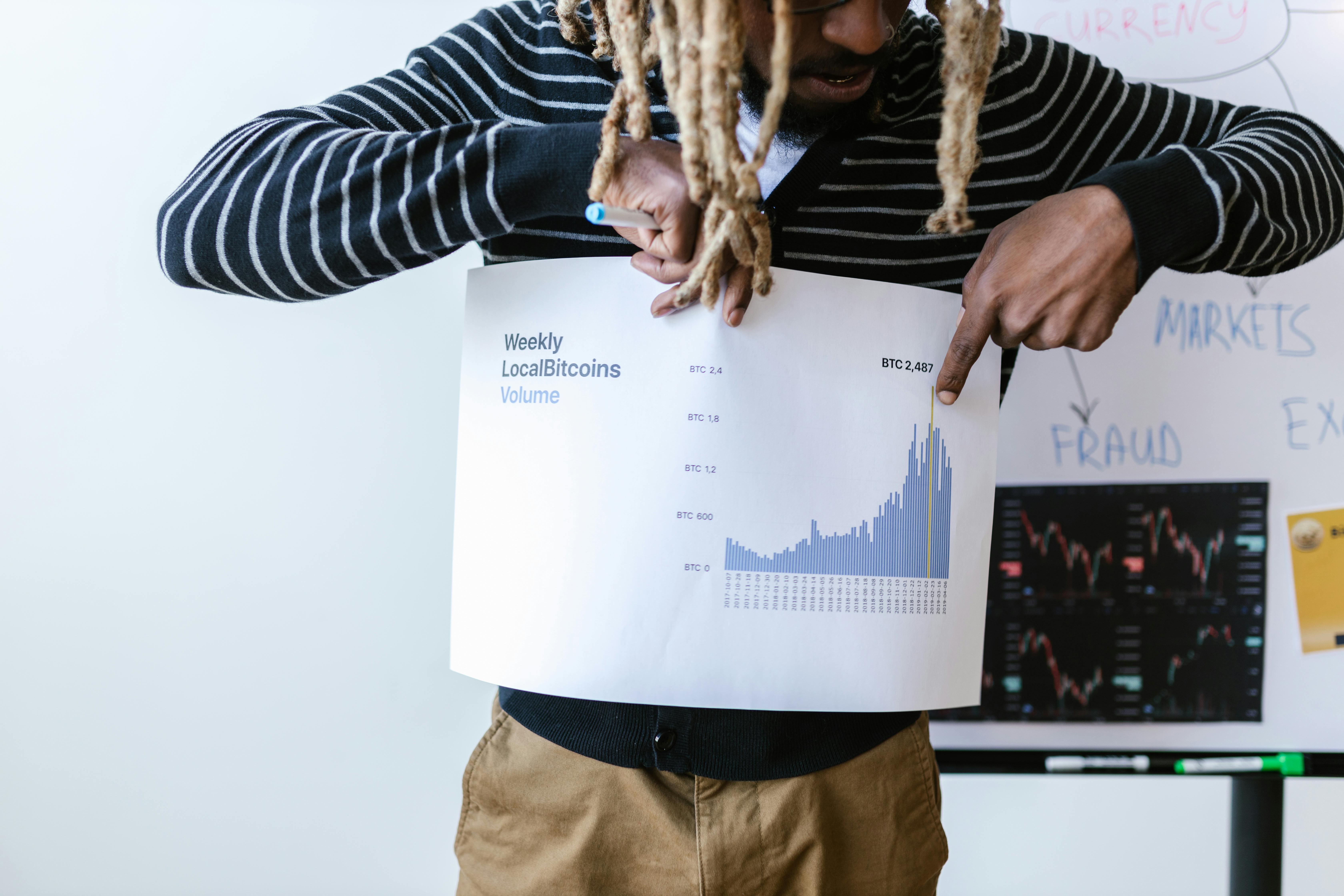Novo Nordisk, a Danish pharmaceutical producer, is now Europe’s most valuable company as demand for its treatments – described as “miracle drugs”- continues to increasing.
The drugmaker takes the top spot from LVMH Moët Hennessy Louis Vuitton, a French conglomerate that manages around 75 prestigious brands. Apart from those mentioned above, the company also owns brands like Dior, Tiffany & Co., Givenchy, Princess Yachts, TAG Heuer, and Bulgari.
The Danish company’s surging valuation, which was just under €400 billion as at close of trading on Monday, has been driven by gushing endorsements from celebrities.
Some, like Elon Musk, Amy Schumer, and Charles Barkley, have said they use it, while others, like Kim Kardashian, have denied it.
Popular late night show host Jimmy Kimmel even joked about its use among A-listers at the 2023 Oscars, an indication of its ubiquity in certain circles.
In fact, Novo Nordisk has struggled to ramp up its supply to keep up with demand, which is set to increase as more regulators approve its use. The treatment was most recently launched in the UK.
The two brand names used by the company for its drugs – Wegovy and Ozempic – are forms of semaglutide, originally a diabetes treatment.
Health experts warn that the treatments are no substitute for healthy eating and exercise habits, with users typically putting any weight lost back on after stopping medication.
Nonetheless, Novo Nordisk’s drugs have proven so popular that its fortunes are having an impact on Danish monetary policy.
In mid-August, Danske Bank director Jens Naervig Pederson noted “a direct link between the growing role of the pharmaceutical industry in the Danish economy and upwards pressure on the currency and lower policy rate.”
The Danish krone is pegged to the euro, so its central bank uses a combination of currency-market interventions and adjustments to the interest rate to keep the currency stable.
So much cash has poured into Denmark though Novo Nordisk’s popular drugs that the Danmark Nationalbank has raised interest rates less than the European Central Bank.
With no sign of any waning interest in the company’s offering, Danish exports will strengthen further, pushing the currency higher and forcing the central bank to keep interest rates lower.
Malta’s dramatic increase in cost of living: visualised
Price levels rising from 84 per cent to 93 per cent of the EU average
Malta’s contemporary Japanese restaurant Aki to launch in London this September
The London venue is a Grade II-listed former bank, a stone’s throw from Oxford Circus
Poland to trial 4-day work week, and Greece a 13-hour day. Where does Malta stand?
Europe is debating working hours across the board






